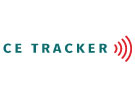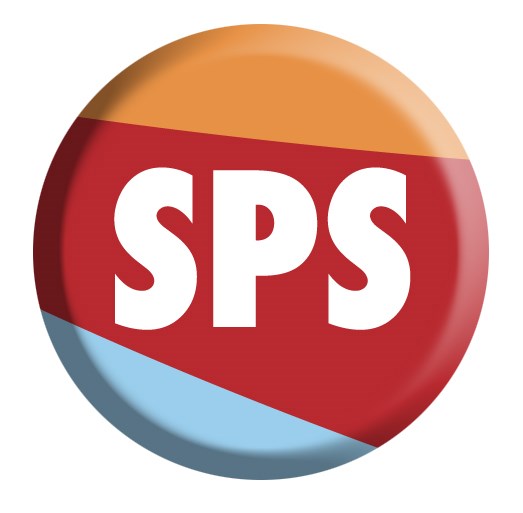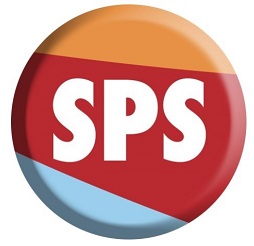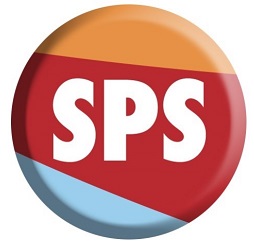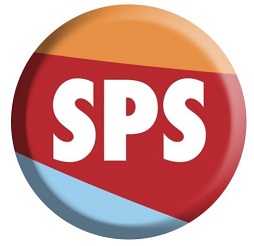|
|
Integrated Primary Care / Behavioral Healthcare Certificate Program
Sponsored by NASW-PA's Clinical Care Committee
|
|
LinkedIn
E-Mail
|
Category: Behavioral Healthcare, Addictions / Substance Use, Clinical, Clinical Treatment, Cognitive Behavioral Therapy / CBT, Diversity / Social & Cultural Competence, Health Law, Medication / Psychopharmacology, Mental Health, Pain Management, Psychological Theory and Practice (show less)
|
 Upon completing the Integrated Primary Care and Behavioral Health Certificate program you will be able to: Upon completing the Integrated Primary Care and Behavioral Health Certificate program you will be able to:
Module 1: Introduction to Integrated Primary Care Practice (PCP)
a) Understand and distinguish between primary care, integrated primary care, and the PCMH model
b) Identify key factors leading to integration of behavioral care in primary care
c) Compare & contrast role of traditional behavioral health provider to role of providing services within a PCP setting
Module 2: Clinical Social Workers Role in Primary Care: Continuum of Care
a) Explore the continuum of behavioral health integration within primary care
b) Understand the range of patient needs
c) How clinical social workers add value to primary care and treat a full range of patients
d) Discuss primary care provider’s culture readiness to embrace integration of behavioral health services
e) Training and technical assistance that the social worker provides in educating the primary care staff on behavioral health identification and patient engagement.
Module 3: Primary Care Patients: Who are They?
a) Learn common patient’s behavioral health concerns in primary care
b) Skills needed in practice management and primary care interventions
c) Clinical assessment and screening in PCP settings
d) Health literacy of patients
e) Cultural back ground of patients
f) Ethical Issues
Module 4: Integrated Primary Care Interventions
a) Identify clinical skills associated with PCP interventions
b) Explain how a social worker offers consultations, clinical interventions, and care management to PCP patients.
c) Evidence-based practice: CBT, MI, Problem Solving Therapy, MBSR, Behavior Activation, Psycho-education, family therapy, and parent/child interaction therapy.
d) Understand what the main goals are when providing services within a PCP setting.
e) Patient self-care
f) Symptom reduction
g) Functional improvement
h) Compliance with medical treatment/care
i) Deep breathing and relaxation
j) Sleep hygiene
k) Exercise
l) Disease management
m) Problem solving
n) Communication with medical providers
Module 5: Motivational Enhancement Strategies for Integrated Primary Care
a) Patient-centered
b) Clearly defined change target (focus)
c) Eliciting the patient’s own motivation
d) OARS technique: Open-ended questions, Affirming statements, Reflecting statements, Summarizing
Module 6: Reducing Preventable Disease by Promoting Health
a) A social workers role in health promotion: Whole Person Health
b) Common screening instruments used to detect risk for behavioral health in primary care.
c) Assist in creating a screening program in integrated primary care settings
d) Optimizing patient health in primary care
Module 7: Substance Abuse and Prescription Medication Abuse
a) Identification
b) Assessment
c) Treatment Interventions
Module 8: Chronic Disease Management
a) Targeting depression, anxiety, diabetes, COPD, chronic pain, prescription drug abuse, substance abuse, and cardiac issues
b) Describe aspects of integrated primary care critical to chronic disease management across the life span
c) Psycho-social factors associated with chronic medical conditions
Module 9: Medical Terminology and PharmacologyThe following members of the NASW-PA Clinical Care Committee developed and recorded all the modules related to the Certificate in Integrated Primary Care and Behavioral Health. NASW-PA extends our appreciation and gratitude on the time spent developing this program.
Troy Brindle, LCSW, Vice-President, Co-Owner, & Founder/ Director of Primary Care Services for Springfield Psychological; Co-Chair NASW-PA Clinical Care Committee.
Dr. Michele Felix, Assistant Director of Behavioral Science for Residency Development, St. Luke's University Health Network; Co-Chair, NASW-PA Clinical Care Committee
Lauren Dennelly, LCSW, Community Care Team, BHS Population Health, Lehigh Valley Health System
Valeri Ferri, LSW, Director, Philadelphia Connections
Dr. Kevin Caridad, Owner & Executive Director of Cognitive Behavior Institute
Special acknowledgement also goes to Jamie Plocinski, LCSW and Julie Platt
| Price | Standard |
|---|
| Non-Member | $70.00 | | Member | $35.00 |
|
Customers Who Bought This Item Also Bought
(Self Study)
Brief Interventions in Primary Care
(CE Tracker)
NASW CE Tracker
(Self Study)
Behavioral Ethics: A Lens to Examine Ethical Challenges in Social Work Practice
(Self Study)
Intersections between Trauma and Addiction
(Self Study)
Ethics and Integrated Health Care
(Self Study)
Integrating Evidenced-Based Strategies into a Social Work Model: The Science and Art of Practice
(Self Study)
Engaging and Working with the Hard-to-Reach Client
(Self Study)
2021 Revisions to the NASW Code of Ethics: Self-Care and Cultural Competence
(Self Study)
Clinical Art Psychotherapy in Complex Trauma Treatment with Diverse Populations
(Electronic Document)
Psychosocial Interventions for Chronic Pain by Matthew Roselli, LICSW, Reiki Teacher - Presented by NASW Massachusetts
(Self Study)
Recognizing & Diagnosing Adults on the Autism Spectrum
(Self Study)
Family Well-Being Across the Lifespan
|
|

 Adding Registration, Please wait...
Adding Registration, Please wait...





